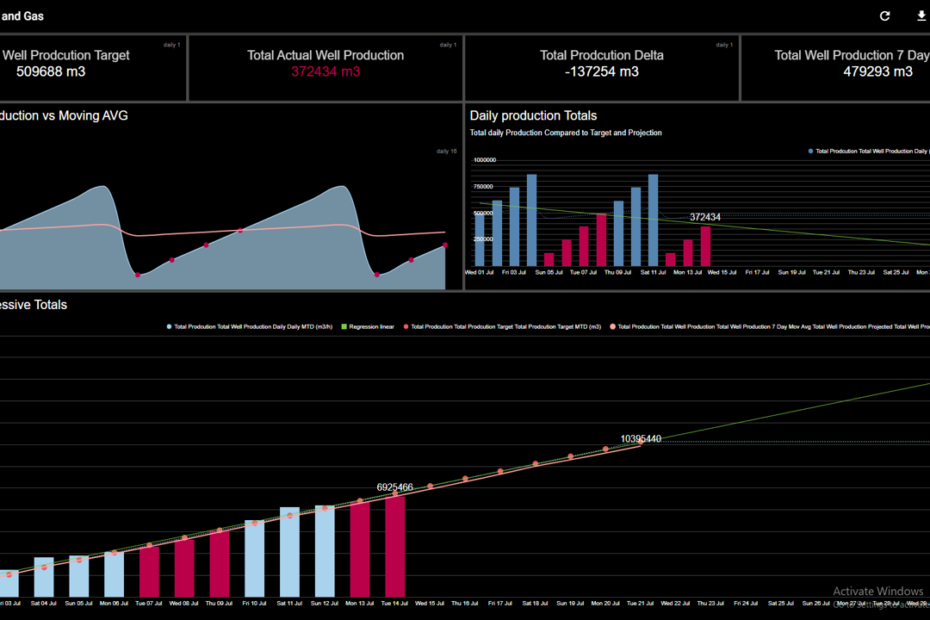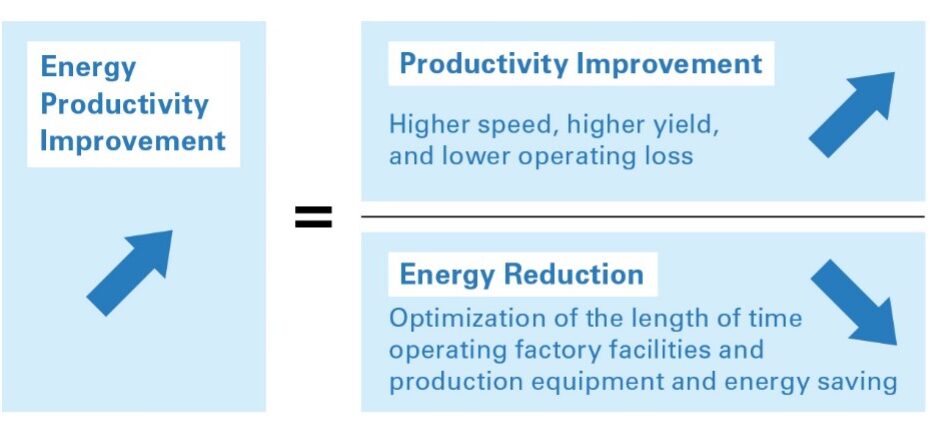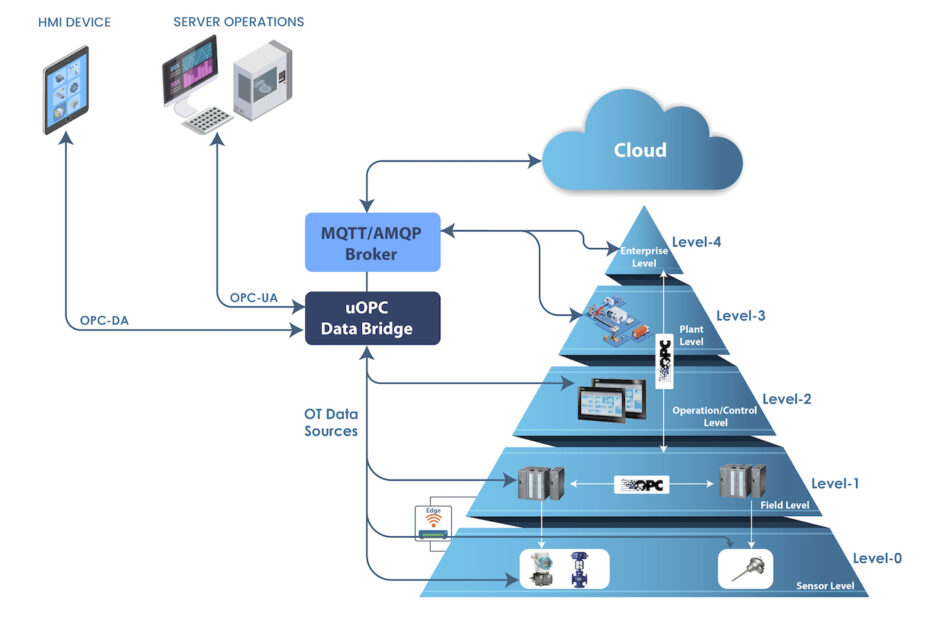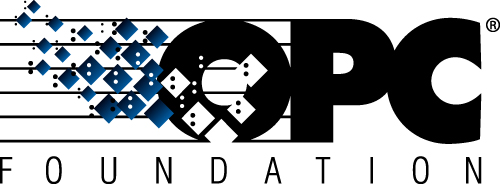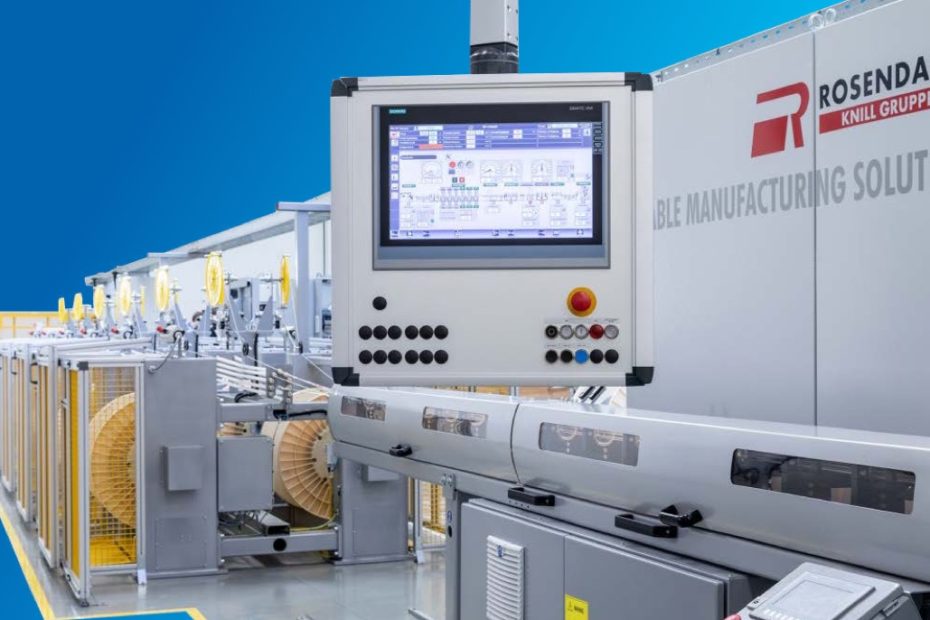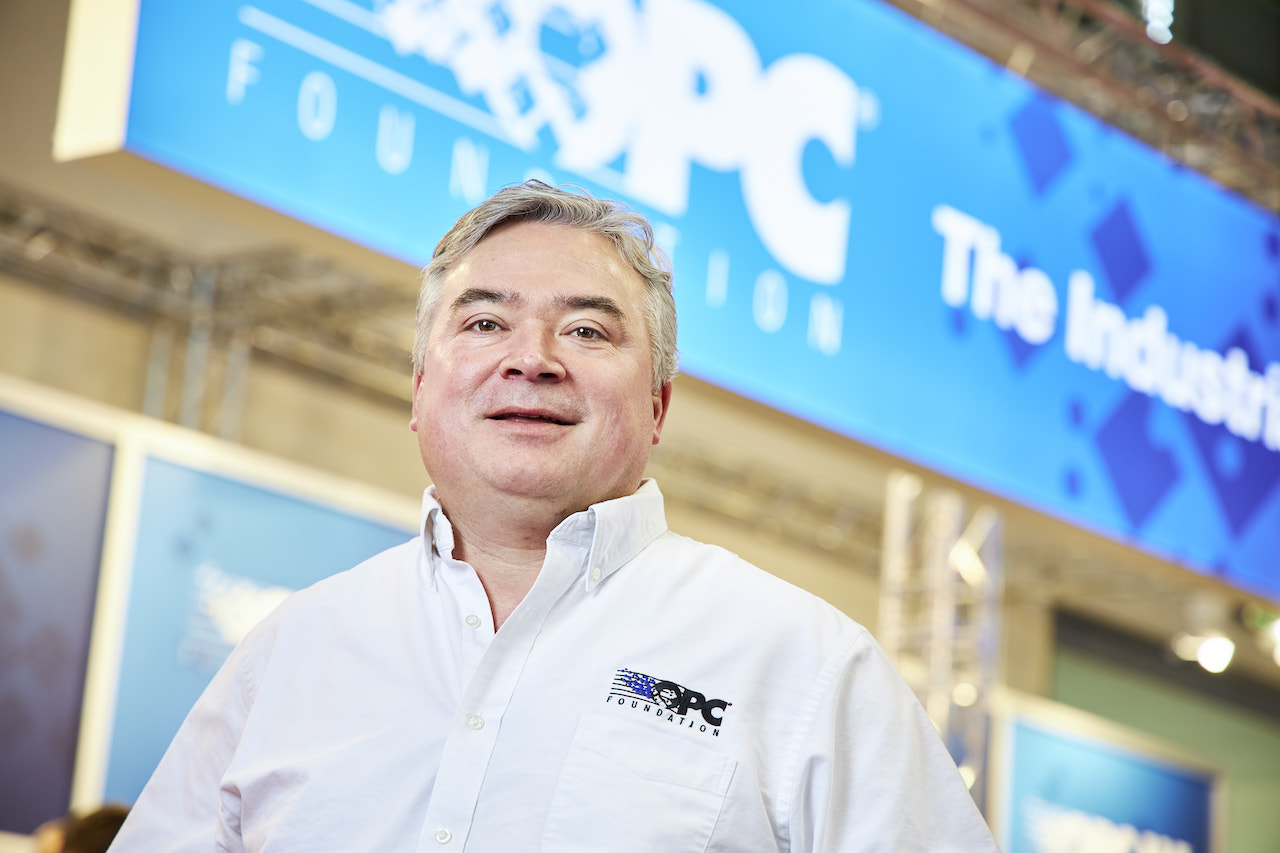Getting The Most from Your OPC UA Investments in 2023 and Beyond
You have made significant investments in your industrial control systems to leverage the many benefits of OPC technology over the years. Rip and replace to evolve with technology is not a good or economical option for running systems, but over time you need to move to OPC UA for the benefits of security, resilience, single common infrastructure, expanded functionality and more.
